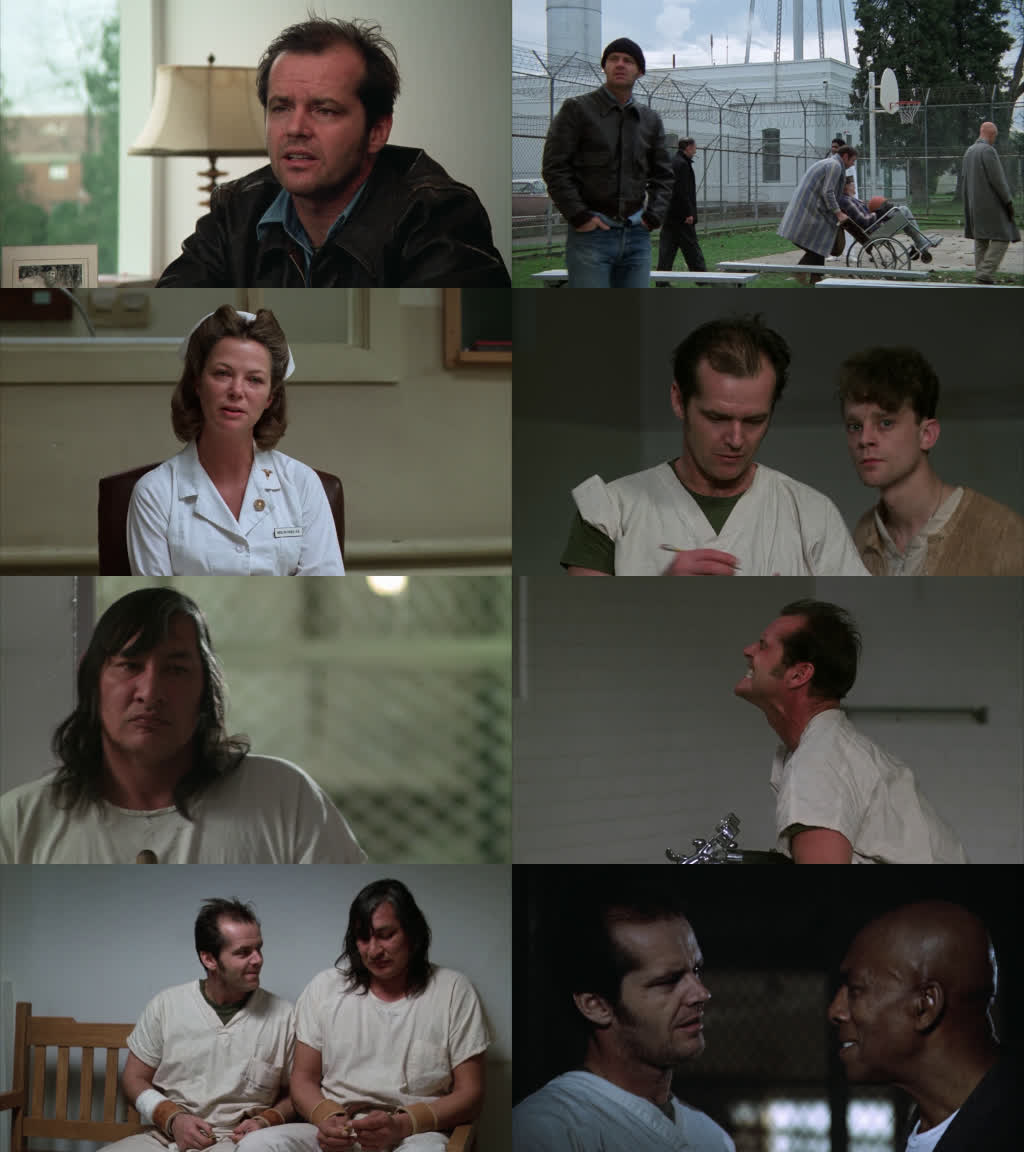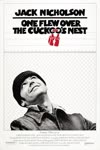A Nightmare On Elm Street (1984)
Alien (1979)
Bad Boys Ride or Die (2024)
Close Encounters of the Third Kind (1977)
Cocoon (1985)
Crank (2006)
Dawn of the Dead (2004)
Dead Poets Society (1989)
Death Proof (2007)
Dog Soldiers (2002)
Don't Move (2024)
Donnie Darko (2001)
Dredd (2012)
Event Horizon (1997)
Ex-Machina (2014)
Fight Club (1999)
First Blood (1982)
Friday the 13th (1980)
Full Metal Jacket (1987)
Furiosa A Mad Max Saga (2024)
Gremlins (1984)
Halloween (1978)
Hellraiser (1987)
Hereditary (2018)
Highlander (1986)
Hot Fuzz (2007)
It Follows (2014)
Jeepers Creepers (2001)
Kingdom Of The Planet Of The Apes (2024)
Malignant (2021)
Mandy (2018)
Maniac (2012)
Minority Report (2002)
Moon (2009)
No One Will Save You (2023)
One Flew Over The Cuckoos Nest (1975)
Pitch Black (2000)
Ravenous (1999)
Resident Evil (2002)
Shrooms (2007)
Smile (2022)
Sunshine (2007)
Talk to Me (2022)
The Butterfly Effect (2004)
The Crow (1994)
The Descent (2005)
The Doors (1991)
The Goonies (1985)
The Hole (2001)
The Island (2005)
The Lost Boys (1987)
The Ministry Of Ungentlemanly Warfare (2024)
The Ruins (2008)
The Shining (1980)
The Thing (1982)
The Usual Suspects (1995)
The Wicker Man (1973)
The Wolverine (2013)
Train To Busan (2016)
True Romance (1993)
Twelve Monkeys (1995)
Withnail and I (1987)
Wolf (1994)
Alien (1979)
Bad Boys Ride or Die (2024)
Close Encounters of the Third Kind (1977)
Cocoon (1985)
Crank (2006)
Dawn of the Dead (2004)
Dead Poets Society (1989)
Death Proof (2007)
Dog Soldiers (2002)
Don't Move (2024)
Donnie Darko (2001)
Dredd (2012)
Event Horizon (1997)
Ex-Machina (2014)
Fight Club (1999)
First Blood (1982)
Friday the 13th (1980)
Full Metal Jacket (1987)
Furiosa A Mad Max Saga (2024)
Gremlins (1984)
Halloween (1978)
Hellraiser (1987)
Hereditary (2018)
Highlander (1986)
Hot Fuzz (2007)
It Follows (2014)
Jeepers Creepers (2001)
Kingdom Of The Planet Of The Apes (2024)
Malignant (2021)
Mandy (2018)
Maniac (2012)
Minority Report (2002)
Moon (2009)
No One Will Save You (2023)
One Flew Over The Cuckoos Nest (1975)
Pitch Black (2000)
Ravenous (1999)
Resident Evil (2002)
Shrooms (2007)
Smile (2022)
Sunshine (2007)
Talk to Me (2022)
The Butterfly Effect (2004)
The Crow (1994)
The Descent (2005)
The Doors (1991)
The Goonies (1985)
The Hole (2001)
The Island (2005)
The Lost Boys (1987)
The Ministry Of Ungentlemanly Warfare (2024)
The Ruins (2008)
The Shining (1980)
The Thing (1982)
The Usual Suspects (1995)
The Wicker Man (1973)
The Wolverine (2013)
Train To Busan (2016)
True Romance (1993)
Twelve Monkeys (1995)
Withnail and I (1987)
Wolf (1994)
One Flew Over The Cuckoos Nest (1975)
A prison inmate feigns mental illness to avoid attending work detail and finds himself in an asylum.
Jack Nicholson (Randle Patrick McMurphy), Louise Fletcher (Nurse Mildred Ratched), Brad Dourif (Billy Bibbit), Christopher Lloyd (Max Taber), Danny DeVito (Martini) and Scatman Crothers as Night Guard Turkle.Psychological drama
What to expect: very strong language, strong violence, sex references
---- SPOILERS BELOW ----
I'm not crying, you're crying! It's a bit of a tear-jerker this one but in an uplifting way, so if you get something in your eye whilst viewing then nobody will blame you!
Jack Nicholson as Randle Patrick "R.P." McMurphy as usual plays the Loki like, mischievous role wonderfully because it suits his real life persona.
Louise Fletcher is Nurse Mildred Ratched which she plays superbly, you never find yourself wondering if she really means it anyway! Louise got several awards for her depiction of Nurse Ratched in Cuckoo's Nest. You might be interested to know she also played Kai Winn Adami in Deep Space Nine if, like me, you like the Star Trek franchise.
You know The Shawshank Redemption? It's up there with that! It's the exact same set up. There's a bully character in power, inmates and a protagonist who's smart but belligerent, standing up to the authority figure. With a very different conclusion and moral outcome. In Shawshank Andy Dufresne ultimately outsmarts the antagonist but in Cuckoo's Nest McMurphy makes a compassionate decision for a fellow inmate which ends with fatal consequences but also inspires one of his friends to escape.
Personal victory versus personal sacrifice for the benefit of others. I like both movies.
There's a scene where McMurphy takes the inpatients out for the day to do some fishing and as he commandeers a boat, he's stopped and asked questions. He explains that it's a day trip from a government facility and just when you're expecting him to identify everyone as inpatients, he introduces them as doctors - Dr Hardy, Dr Martini etc. which unexpectedly adds dignity to his fellow inmates.
There's something very touching about the interplay between the draconian and rather mean Nurse Ratched (a narrative 'battleaxe'), the mischievous but defiant Randle McMurphy and his fellow mentally ill inpatients, who learn from McMurphy some vital lessons about the human condition. He lifts them up and encourages them to show some character in the face of adversity.
It's a poignant reminder about the triumph of the human spirit over hardship.
There is of course a much deeper spiritual metaphor here but you'll need to bear with me a mo' whilst I explain. The asylum is your mind. Nurse Ratched represents society. McMurphy is your ego (personality). The inmates are the various voices in your head and The Chief is faith.
At first, the ego tries to fight against the rules of society (Nurse Ratched). It's a futile endeavour. Ultimately, he seeks to escape his imprisonment. His faith (The Chief) at this stage is mute.
You'll notice that in the course of the narrative, the ego (McMurphy) discovers that his faith (The Chief) is not in fact mute and strikes up a dialogue. Eventually, the ego sacrifices itself for a higher ideal where it is subsequently smothered by his faith. His faith then escapes from the asylum (becomes free) because it has much greater strength than the ego. It's worth noting that McMurphy (the ego) attempts to lift a hydrotherapy console early in the narrative but fails because he lacks the strength, The Chief (faith) who is much stronger later tears the same console from its floor mountings and uses it to facilitate his escape.
Several religions describe this exact same path to self-realisation eg. the realisation that I am the spirit (universe) and not the ego, which leads to freedom (through faith).
Science also acknowledges the fact that everything is made of atoms and is thus the same, there is no me or you - they are just illusions which exist in the animal mind. Cuckoo's Nest illustrates this path to freedom, where you utterly believe this fact to the point where you destroy that illusion in your own mind. It's called 'the way of faith' and it's both the Buddhist and Islamic method (that's what praying 5 times per day is all about, strengthening your faith). I'm Christian by the way in case you suspect a deceptive conversion!
You might think I'm tripping but that is literally what happens in the narrative and also why I reckon it has such an emotional effect. Bet you weren't expecting a bit of existential discussion with your film review? I certainly wasn't!
You'll begin the film thinking McMurphy is a bit of a shady fellow but by the end you'll love him like he's family.
It might feel a bit slow to a modern audience but if you're a movie fan, be patient.
Earlier, you will recall that I mentioned the differences between Cuckoo's Nest and Shawshank but now you see that they are in fact the exact same film except in Shawshank the character Andy Dufresne has faith and humbles himself by crawling through a sewer to freedom, so the freedom is illustrated in the character (Red is The Chief, The Warden is Nurse Ratched, The prison is the asylum / your mind and the prison inmates are the asylum inmates), you'll even recall the very similar scene where Dufresne attempts to add dignity to his inmates by bartering for a cold beer in the sunshine, analogous to the fishing scene I mentioned earlier. In Cuckoo's Nest the audience is the escapee character (Dufresne in Shawshank). That is why I like both films but I prefer Cuckoo's Nest because it aims to directly uplift the audience itself which is a noble pursuit indeed.
I should have just said that One Flew Over The Cuckoo's Nest is a metaphor for reaching enlightenment.

Trailer:
2026

 2h 15m
2h 15m